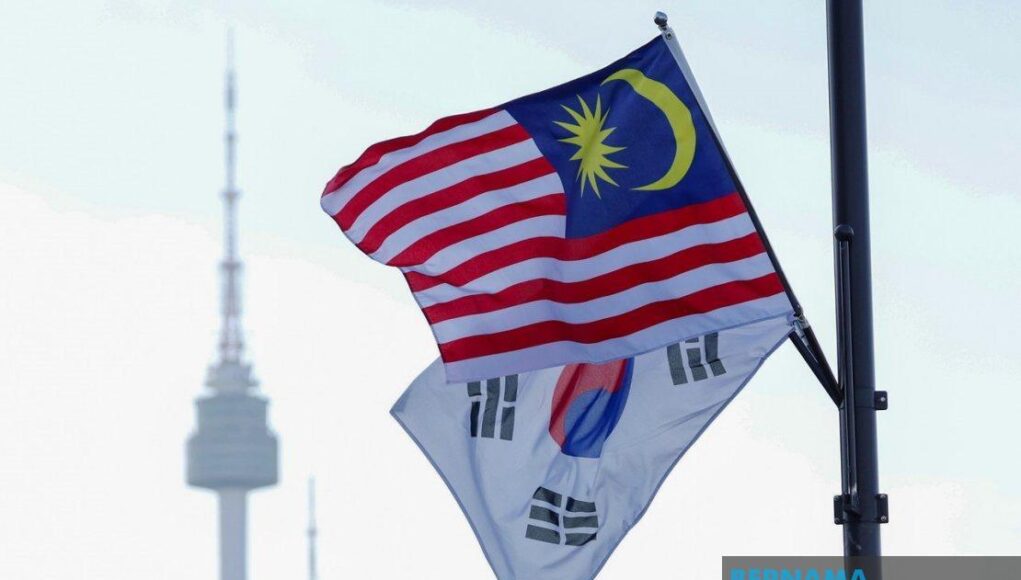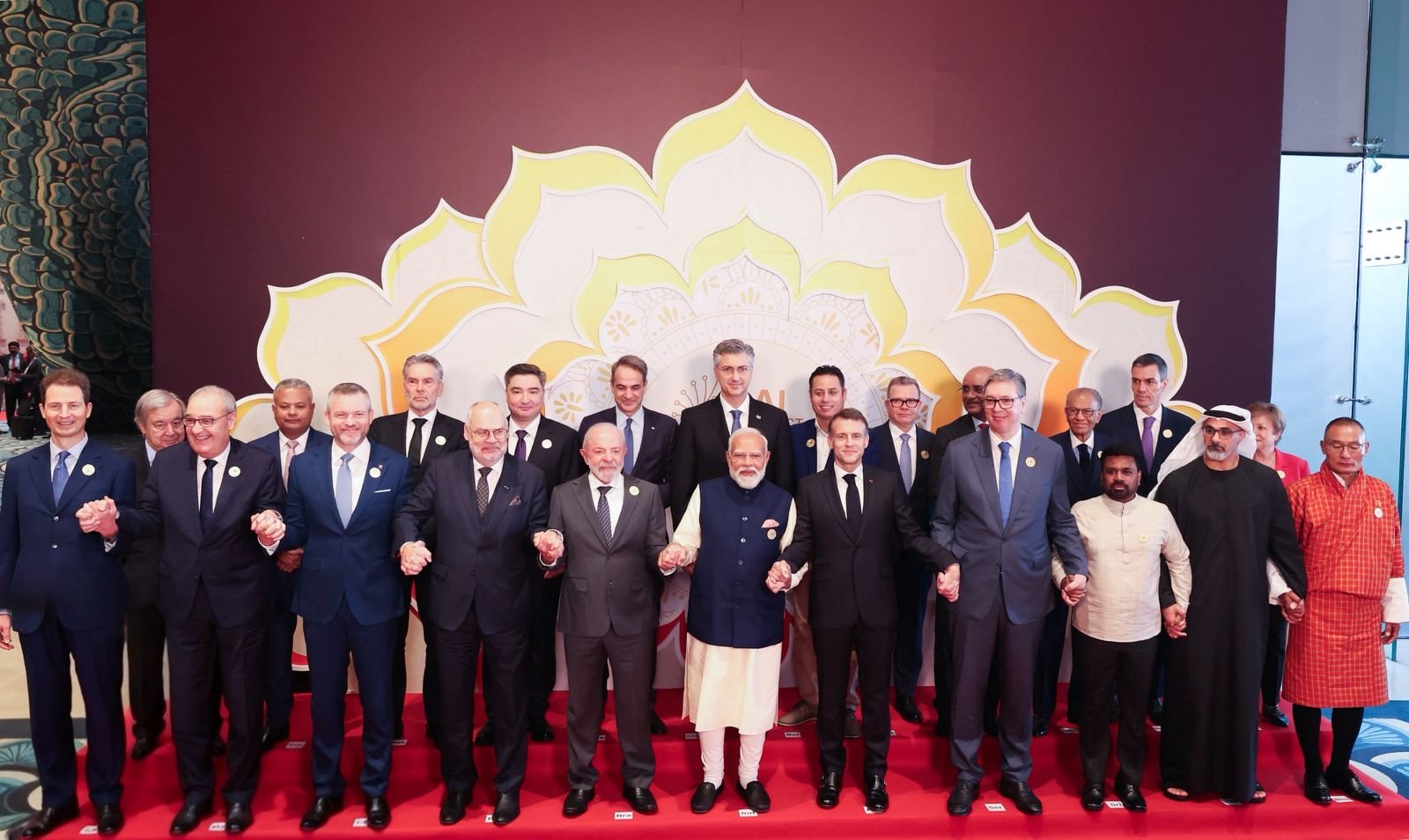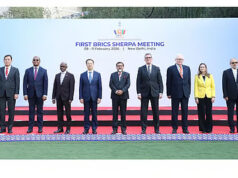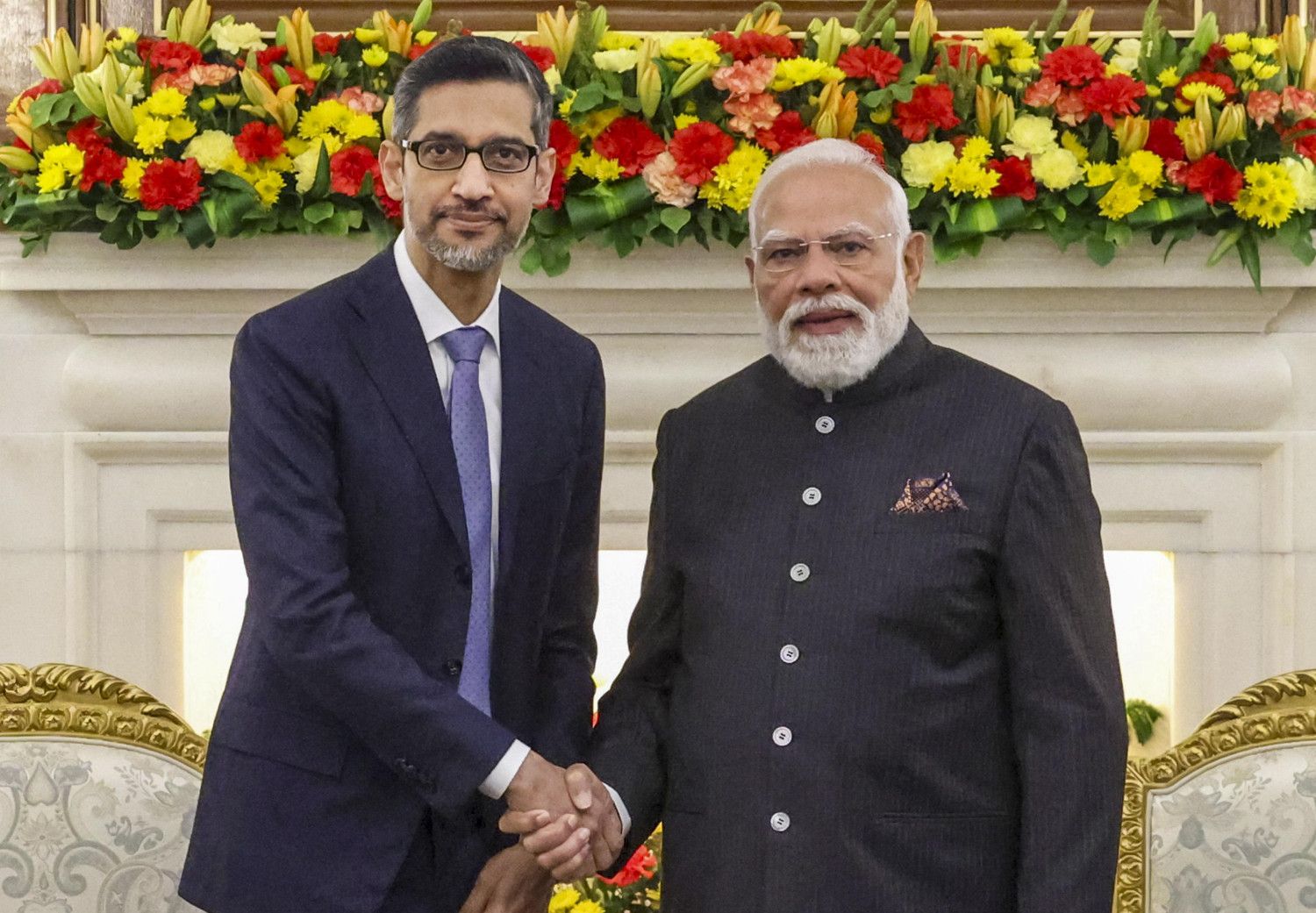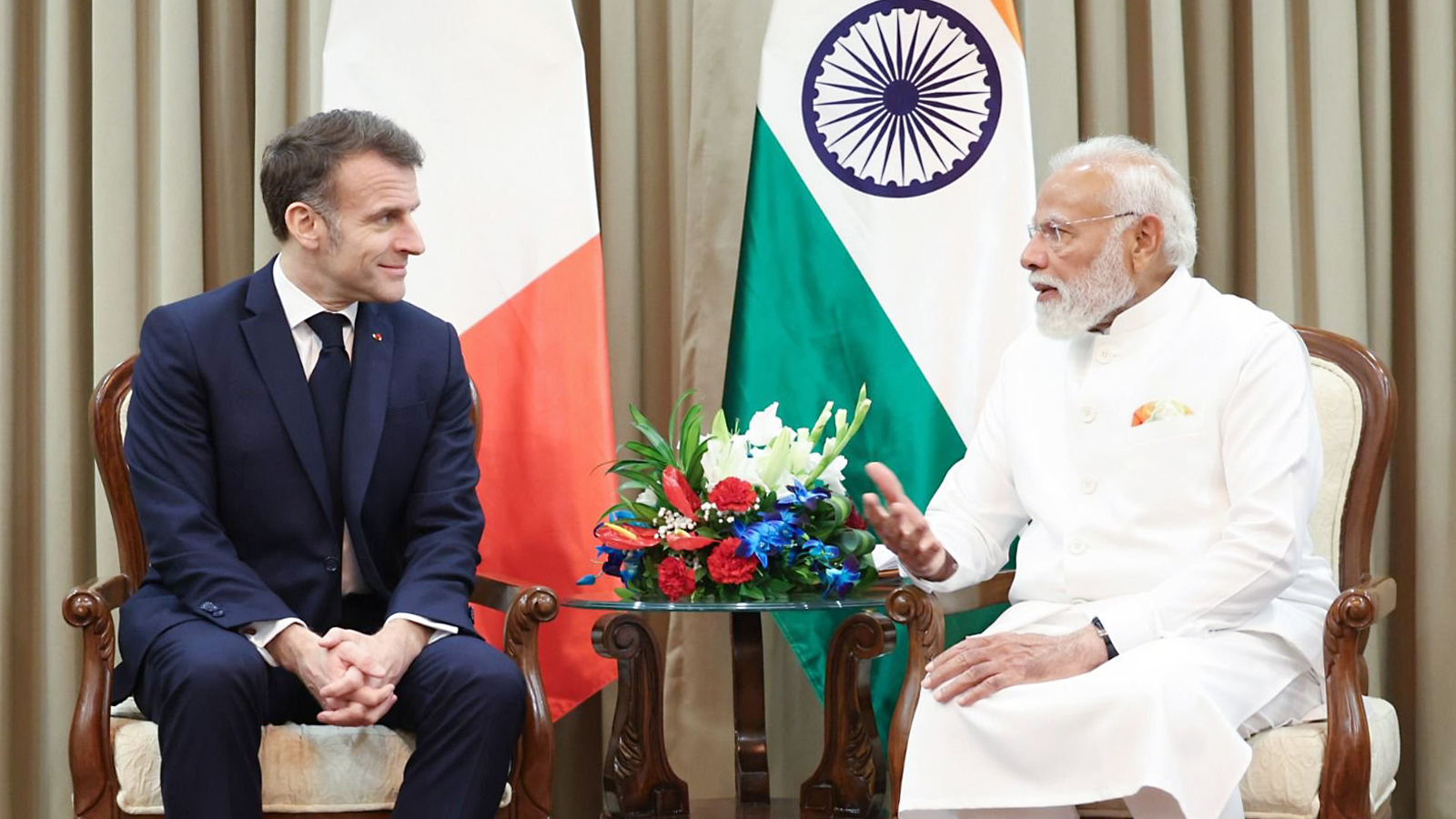South Korea and Malaysia have agreed to strengthen bilateral ties across multiple sectors and work toward finalising a long-awaited free trade agreement (FTA), a move hailed as a milestone in the two countries’ 65-year diplomatic relationship.
The agreement was reached during a phone conversation on Monday between newly inaugurated South Korean President Lee Jae-Myung and Malaysian Prime Minister Datuk Seri Anwar Ibrahim, according to South Korea’s Yonhap News Agency. It marked the first official conversation between the two leaders since President Lee took office earlier this month.
Presidential spokesperson Kang Yu-Jung said the two sides reaffirmed their commitment to “mutually beneficial and substantive” cooperation in areas including trade, investment, infrastructure, digital transformation, green growth, and defence. A key highlight was their shared goal to conclude the South Korea-Malaysia Free Trade Agreement (FTA) within the year. “The two leaders agreed to work together to further expand mutually beneficial and substantive cooperation in a wide range of areas,” Kang told reporters. “This includes the anticipated conclusion of the bilateral FTA, which is expected to significantly enhance economic ties.”
Prime Minister Anwar congratulated President Lee on his recent inauguration, to which Lee expressed his gratitude, reaffirming his intention to strengthen South Korea’s strategic partnerships in the region. The call also highlighted the symbolic significance of the year, as 2025 marks the 65th anniversary of diplomatic relations between the two nations. Both leaders expressed hope that the milestone would serve as a springboard for deeper cooperation on both bilateral and global stages.
In addition, President Lee and Prime Minister Anwar underscored their countries’ roles as key conveners in upcoming international forums. South Korea is set to host the Asia-Pacific Economic Cooperation (APEC) summit, while Malaysia will chair several Association of Southeast Asian Nations (ASEAN)-related meetings later this year. “They shared the view that both countries can make meaningful contributions to global cooperation,” Kang added. The proposed FTA, once finalized, is expected to reduce tariffs, streamline investment processes, and open new markets for businesses in both countries. Observers see the agreement as part of broader efforts by both Seoul and Kuala Lumpur to diversify economic partnerships amid shifting global trade dynamics.
The leaders’ conversation signals a renewed emphasis on strategic collaboration and economic resilience in the Asia-Pacific, particularly as both nations navigate evolving geopolitical and technological landscapes.

